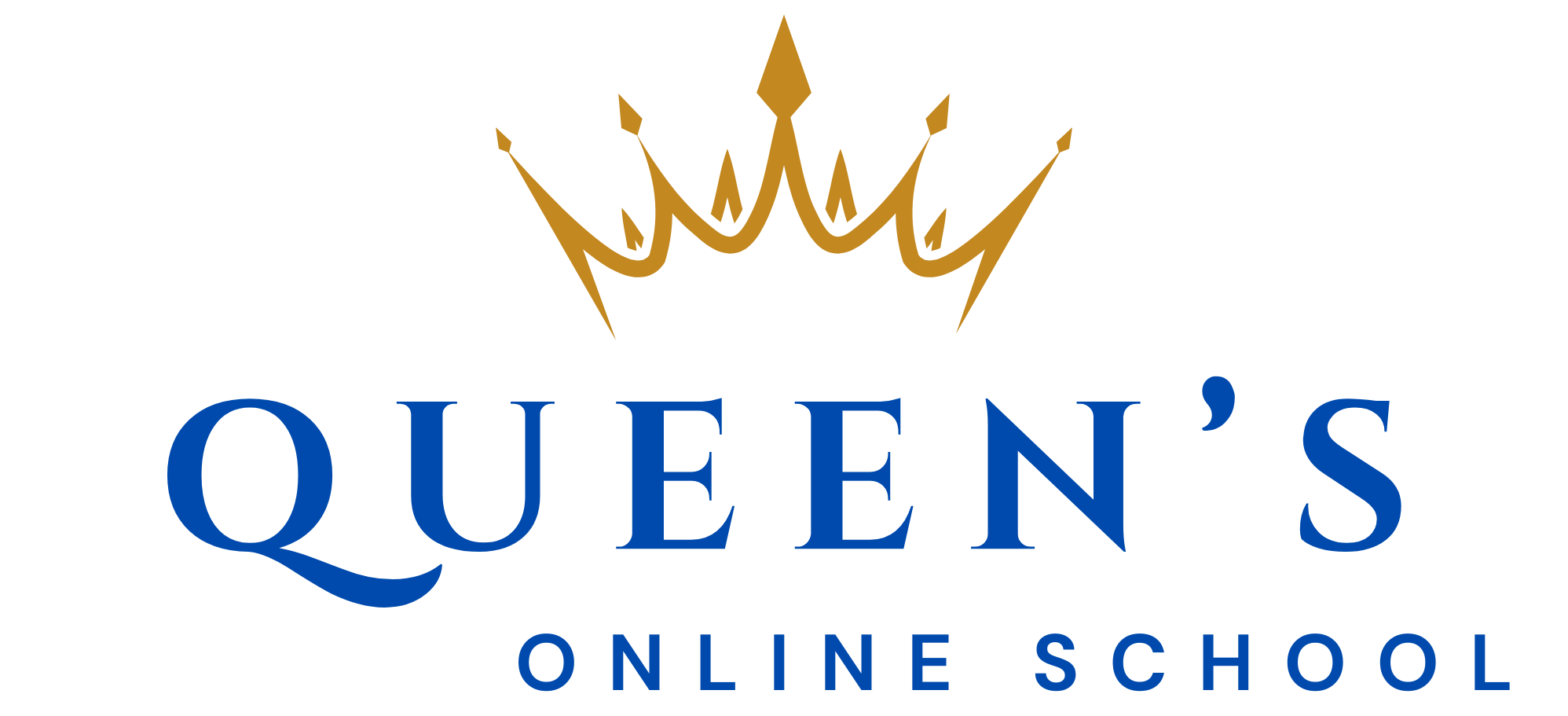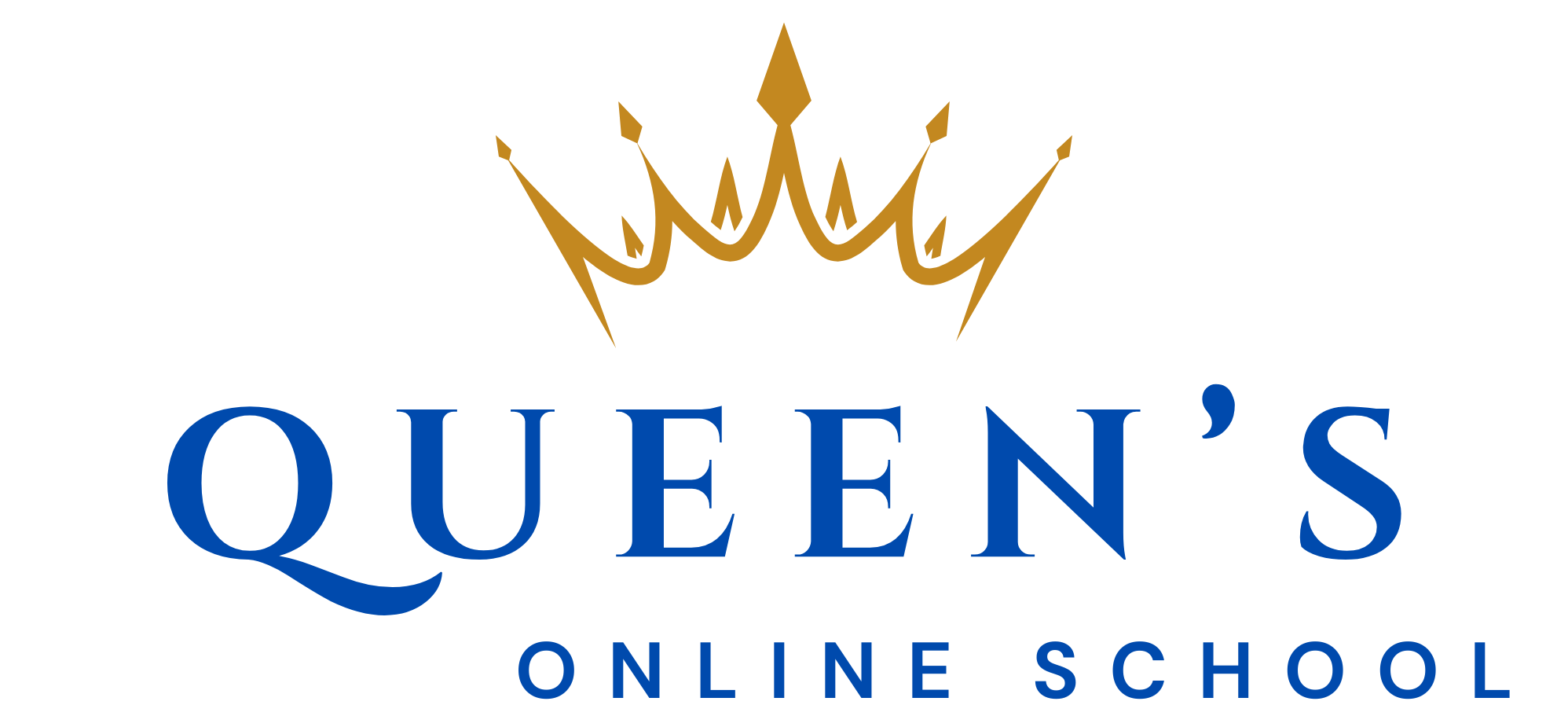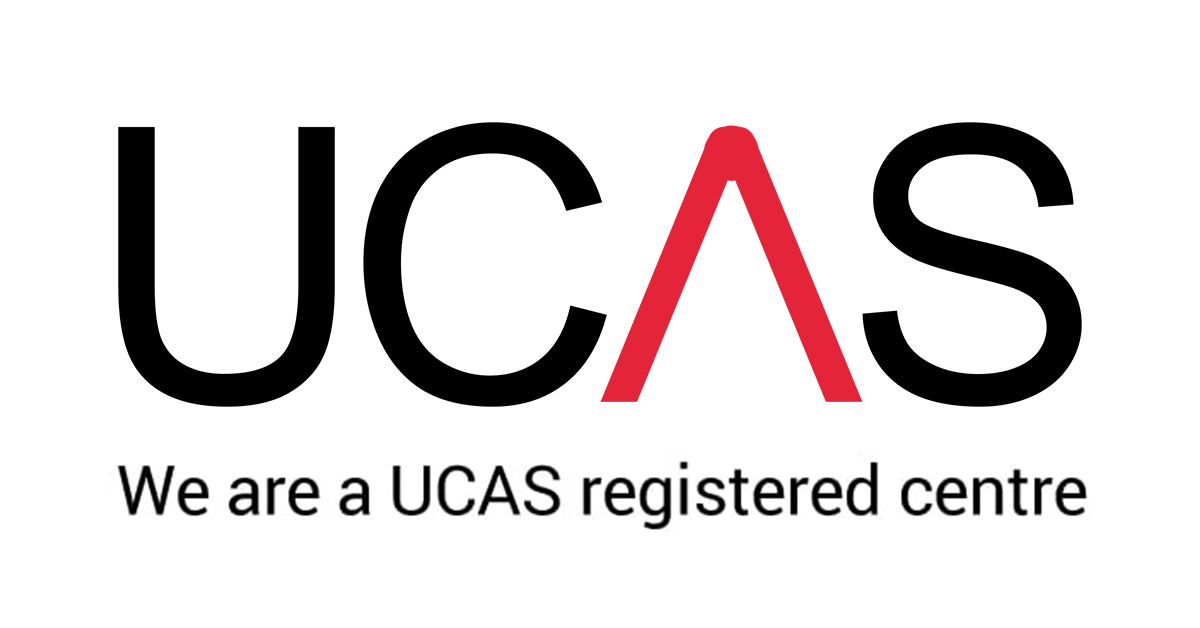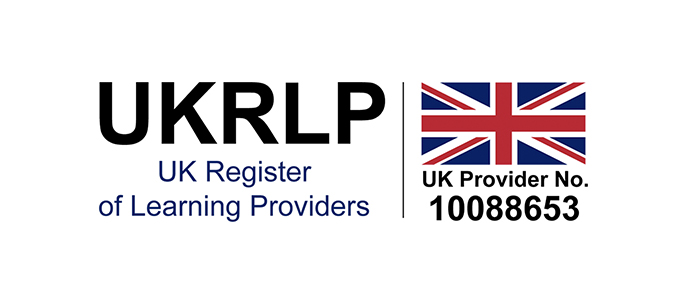Key Stage 2 - Projects
Engaging Young Minds Through Hands-On Learning
Overview:
Our primary projects curriculum is designed to immerse young learners in hands-on, inquiry-based learning experiences that integrate multiple subjects. By engaging in thematic projects, students explore real-world issues, develop problem-solving skills, and foster creativity. These projects encourage collaboration, independent thinking, and a deeper understanding of key concepts across disciplines, including science, humanities, and the arts.
Key Objectives:
To inspire curiosity and active learning through engaging, project-based experiences.
· To encourage interdisciplinary connections across subjects such as history, geography, science, and the arts.
· To develop research, critical thinking, and communication skills.
· To promote teamwork and collaboration in group projects.
· To empower students with problem-solving skills through real-world challenges.
Project Themes:
At Queen’s Online School, students take part in enriching, skill-building activities. The project themes are thoughtfully designed to support confident, well-rounded learning.
- Exploring Cultures: Investigate global traditions, customs, and celebrations through storytelling, research, and presentations.
- Historical Reenactments: Bring history to life by recreating significant events, designing historical costumes, and engaging in role-play.
- Geography and Environment: Study landscapes, climate changes, and conservation efforts through map-making and hands-on activities.
- Inventors and Innovations: Learn about famous inventors and design simple prototypes inspired by their discoveries.
- Engineering Challenges: Build bridges, towers, and structures using everyday materials to test physics and engineering principles.
- Eco-Friendly Solutions: Create sustainability projects focused on recycling, renewable energy, and reducing waste.
- Visual Arts: Develop artistic skills through painting, sculpture, and digital art projects.
- Music and Performance: Explore rhythm, instruments, and theatre through group performances and storytelling.
- Creative Writing: Foster storytelling abilities by writing short stories, poetry, and plays.
Key Details
Assessment:
- Ongoing observation and evaluation of student engagement and participation.
- Project portfolios showcasing student research, designs, and reflections.
- Group presentations and peer feedback sessions to encourage constructive critique.
- Self-assessment to help students reflect on their learning process and growth.
Resources:
- Hands-on materials for science experiments, art projects, and engineering tasks.
- Digital tools for research, presentations, and multimedia projects.
- Age-appropriate books, maps, and historical references.
- Community and school-based resources for real-world learning experiences.
Outcomes:
- Students will develop a love for learning through interactive and engaging projects.
- They will gain confidence in research, problem-solving, and teamwork.
- They will build cross-curricular knowledge, applying skills from multiple disciplines.
- They will improve communication skills through presentations and group discussions.
- They will foster creativity and innovation in various subject areas.
- They will cultivate a sense of responsibility and global awareness through meaningful projects.






